The Weight You’ll Gain and Lose
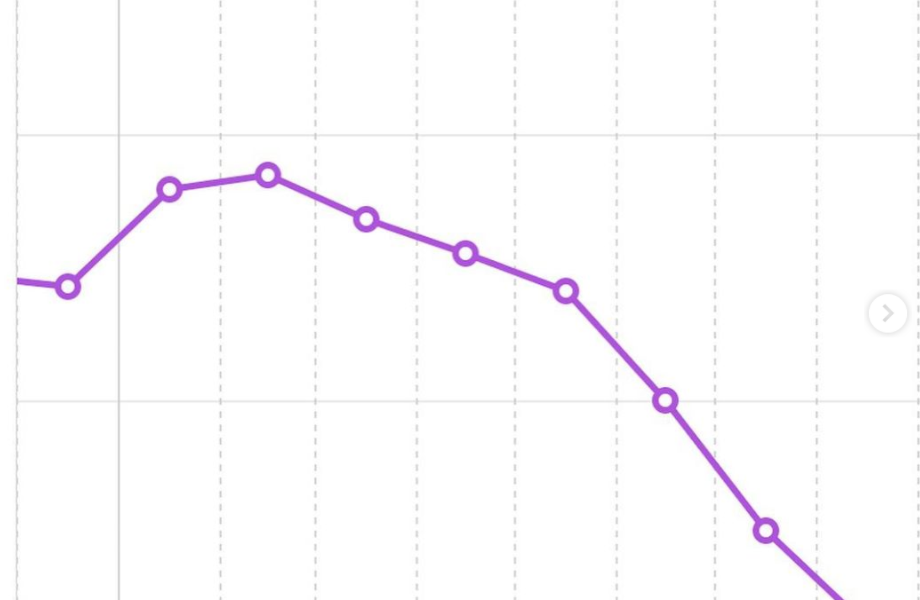
Back in 2003, I went through a serious relationship that tore me to shreds in more ways than one. I ended up in debt, heartbroken, asking myself if I was meant to be alone. Yes, I was 22 years old, but I still couldn’t help but think that maybe I was just not good at relationships. So I started running.

I started running because I was overweight, and I blamed my weight for not being able to attract the kind of women I wanted to attract. After all, who would want to date some slob, even if said slob was smart, driven and successful? I wouldn’t.
After a few months of consistent running and even doing some 5-kilometer races, one of the nurses at the hospital where I worked — a nurse that I fancied — asked me how much weight I was going to lose. At that point, I had lost several pounds and was feeling good about myself. That in itself translated to several dates that went well, though they didn’t develop into relationships.
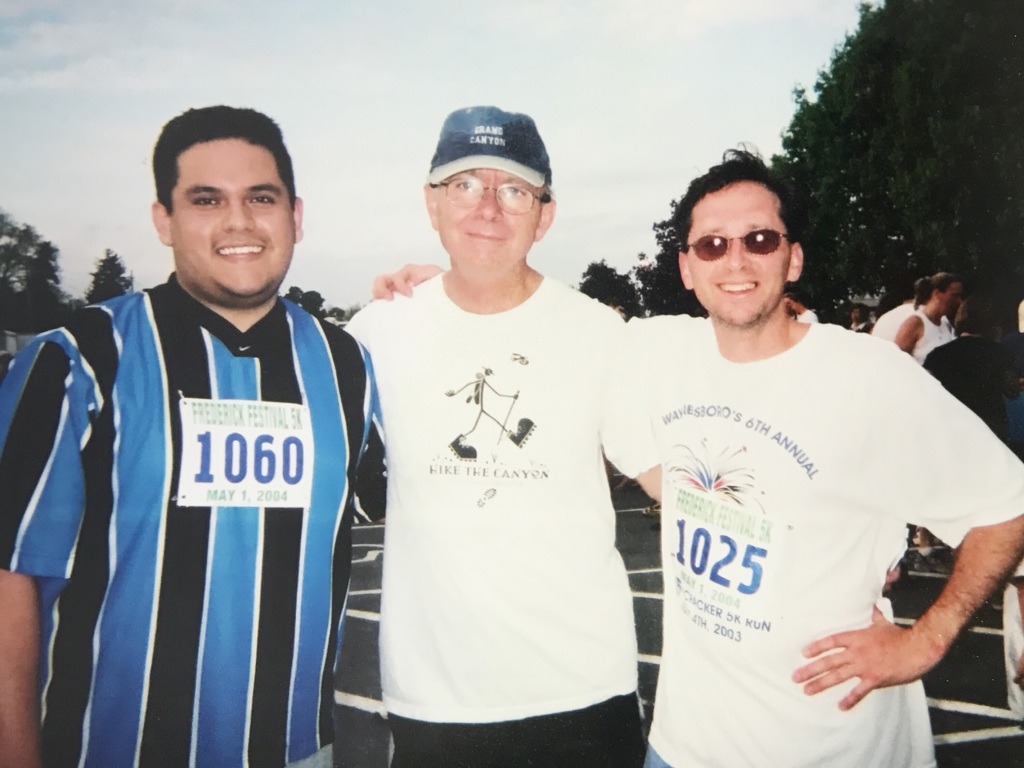
The other thing that improved was my performance in the Master of Public Health program. (Not that it needed much improvement. I only got one B and the rest of my grades were As.) I was more energized and better able to handle working overnights and evenings and going to school during the day.
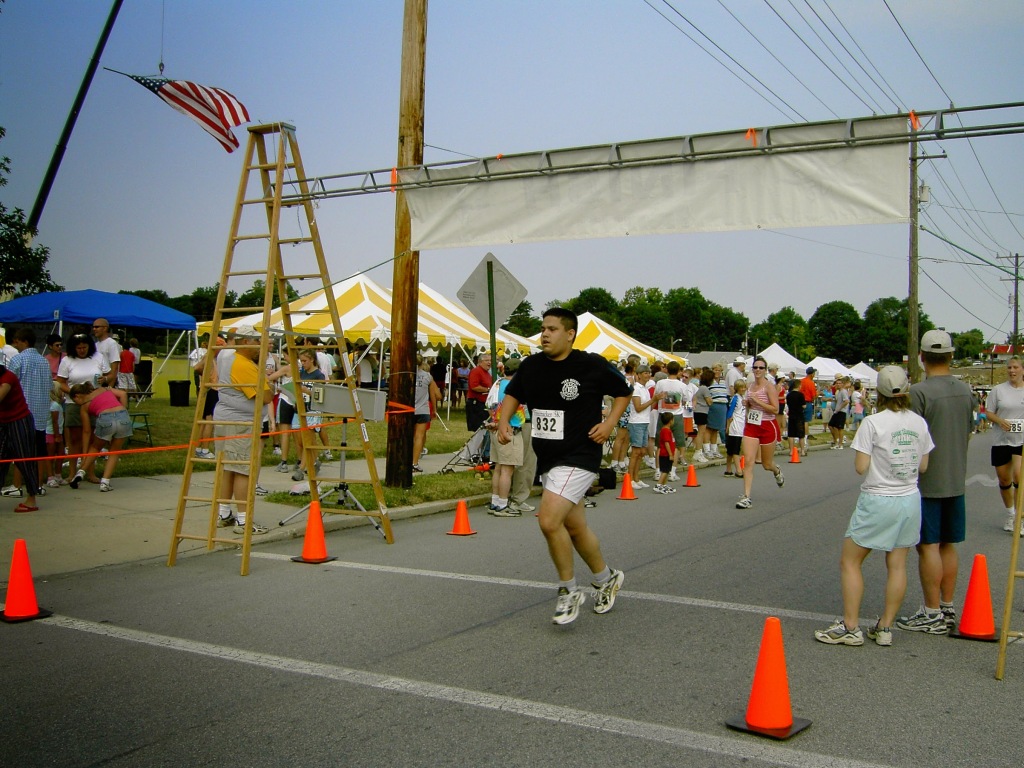
In late 2005 and early 2006, I met a girl from Philadelphia. She was fit and athletic, and I was really ready to match her fitness and try to take the relationship further. In an effort to impress her, I signed up for an “adventure race” and even dragged my younger brother into doing it with me. It was brutal.
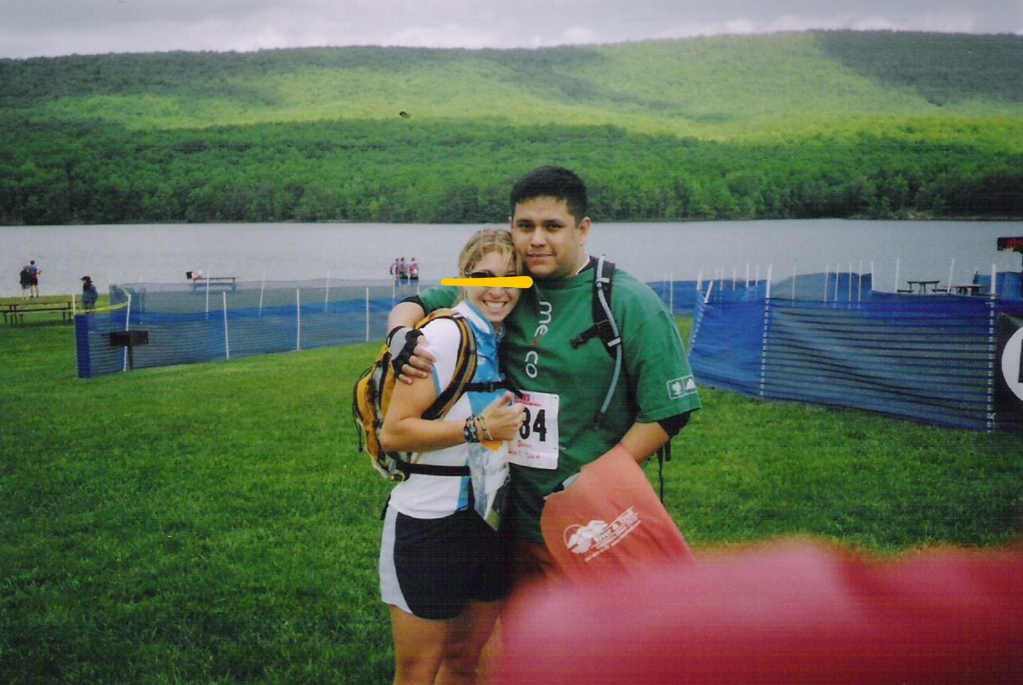
That all fizzled out, and nothing came from that relationship, but then the end of the summer of 2006 arrived. Fourteen years ago, exactly. I met the woman who would be my wife. While I kept running, I didn’t do it as much because I was in a steady and loving relationship. I was comfortable in my skin, and she was happy with me.

Sure, from time to time, we talked about my weight and how I should lose maybe 10% of my body weight just to be healthier. But that conversation would be thrown out and replaced with, “Oh, you’re doing important work, you should focus on that.” This was during the 2009 influenza pandemic. After that, the important work became getting into a doctoral program, then consulting, then going to Colombia, then going to Puerto Rico, then defending my dissertation, then becoming a father…
By the time January of this year arrived, I was at my heaviest weight ever. Let’s just say that the bicycle I had bought in 2016 — the last time I tried and succeeded at losing 20 pounds (ca. 9 kg) — could not be guaranteed to hold my weight anymore. As word of the coronavirus started coming out of China, I started to get a bit worried. My weight, my age and my work all put me at a high risk of contracting the disease and having severe consequences from it.

Something inside me told me to get moving, so I did.
By February, I was hitting the pool in the mornings before going to work. I’d go for a jog when the weather was okay, and I’d get on the bike when I could. It wasn’t enough, though. There was something working against me, and I needed to deal with it… It was my addiction to food.

As the pandemic arrived where I worked, we started working some very long hours. To help us out — in a sense — the leadership started buying us food. Lunches and dinners were guaranteed to be delivered, and they were guaranteed to not be healthy. We had pizza, burgers, fast food, bad Chinese food, okay Indian food, and lots of donuts and coffee. As much as I tried to swim, run and bike, I was not losing weight.

That’s when I decided to just change my habits. I put a sticky note in my car to remind me of where I wanted to be. I made a rule of not buying fast food to eat on the way home, especially after having had breakfast, lunch and dinner… A fourth meal that was high in calories and me sitting in the car would have to be no more.
I bought fruits to snack on instead of 100-calorie packs that would be consumed by the half dozen a day. Bananas are more filling, and apples are mostly water. Little by little, I started dealing with my addiction. I confessed to myself that I was addicted to food, that it was getting me through the stress of work, and that it was killing me. Then I convinced myself that, yes, I was going to feel hungry once in a while, but it was not going to be the end of the world.

Since May, I’ve lost about 22 pounds (ca. 10 kg). I’ve been tracking what I eat, not eating while driving, and stopping at around 2,200 calories each day. For my weight, those calories are enough to ensure about 5 pounds (2.27 kg) of weight loss a month until I get back to the weight I was when I got married. That’s my first goal.

Between now and then, I have some milestones along the way that are tied to some “carrots.” The first carrot was an Apple Watch, and that has even helped more because it helps me track my time sitting, my time moving, and my exercise routines.
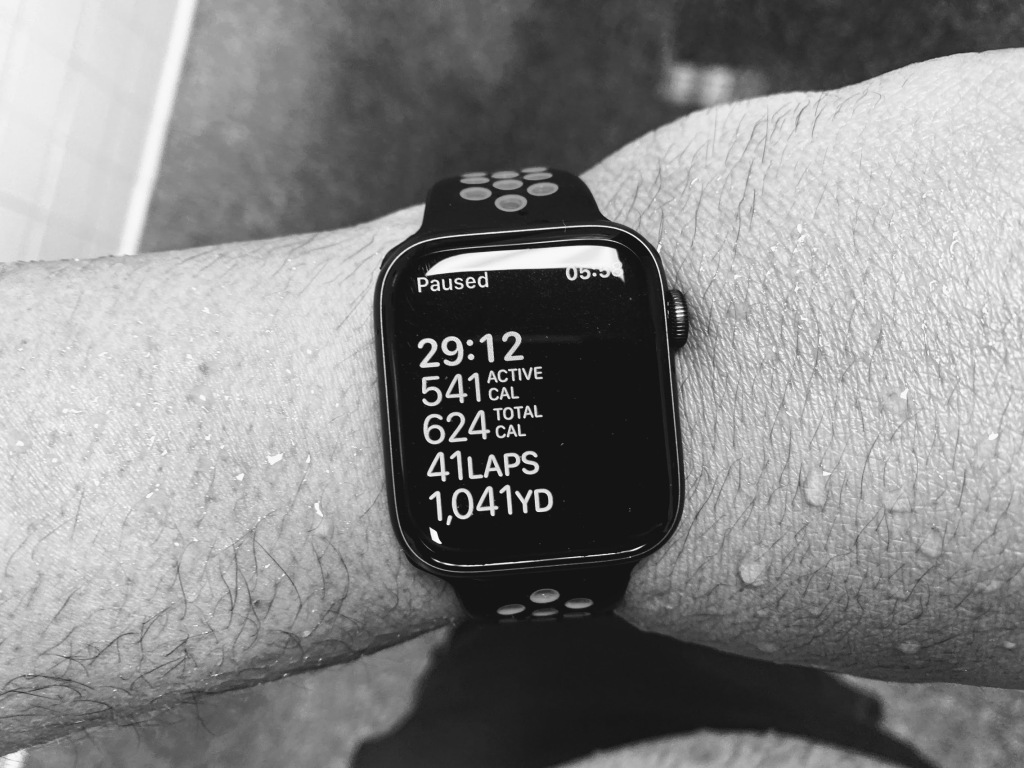
The next carrot is a new bicycle. I love the current bike that I have, but it is a steel frame old thing that is starting to show signs of wear and tear. It cost me 1/3 of its original price to get the brakes tuned and the chain derailleurs adjusted. The freewheel is getting sticky, and they just don’t make freewheels for it anymore.

The carrot after that? I don’t know. I need to get to the next level first… You see, that is another aspect of all of this. I had to learn to be patient. I had to accept that losing one pound one week and gaining half a pound in the following week. I had to learn to look at trends and not obsess over daily numbers.

Perhaps the most important thing in all of this is that I need to continue on this path for the rest of my life. Like any other addiction, being addicted to delicious food — and some not so delicious but easily attainable — is a lifelong issue. I once lost 17 pounds (ca. 8 kg) in 2016 before I headed out to Puerto Rico, and I ended up gaining all of it back in 2017.
At that time, my physician said that it was okay for me to gain the weight back because I had to look out for my wife as she went through pregnancy. But I never did anything to get back toward a downward trend. I justified nervous eating with lack of sleep from raising the baby. Then I justified it by saying that I was helping her raise a toddler.

There are no more excuses. I’m a doctor of public health, and I need to walk the walk as I tell people that overweight and obesity are huge risk factors not just for COVID-19 but for all sorts of other things. I need to be fit and healthy to keep up with my daughter as she grows up into someone who will benefit from having fit and healthy parents. And I need to be around to see the exciting conclusion of this life fifty or sixty years from now…
So let’s do this.
